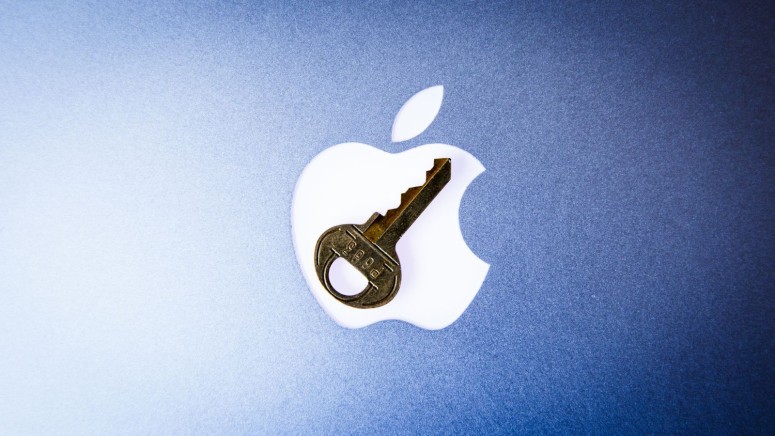
Apple Servers Hacked by Australian High School Student
- A high school student from Australia managed to hack into Apple servers on multiple occasions and downloaded over 90GB of secure files.
- The data is said to include customer accounts as well as authorization keys which grant login access.
- The hack was reported to the FBI, and an investigation was launched.
Apple servers were hacked multiple times recently by a 16-year-old hacker from Australia. After the Federal Bureau launched an investigation with the Australian Federal Police, it was revealed that the hacker managed to steal authorization keys allowing him to login access along with 90GB of private data.
The hacker admitted to stealing data from Apple and will be facing sentencing in court next month. The lawyer representing the hacker revealed that the attacks were carried out because he was a fan of the company, but it is unlikely Apple will be taking to kindly to that fact. The teenager was using computerized tunnels to access the private data, and the system was not able to trace the attacks the first few times. Eventually, Apple realized that they were being hacked and blocked the tunnels before contacting the FBI.
The teenager used VPNs to hide his identity, but the serial number of his MacBook gave him away. He is well known in the hacking community, and the identity of the hacker will not be revealed by legal authorities due to his age. The Australian Federal Police used a search warrant and seized two Apple laptops which were used to access the private files along with a mobile phone and hard drive. The files were found under a folder ‘hacky hack hack’ on his hard drive.
After investigating the hacker’s hardware, the software that was used to hack into Apple’s systems was found as well as a remote connection protocol designed to log in to the tech giant’s internal systems. The district magistrate handling the case revealed that the case is complicated due to the offender’s age and proceedings have been delayed until September.
What do you think about the teenage hacker stealing Apple’s private data? Let us know in the comments below. Also, to get instant tech updates, follow TechNadu’s Facebook page, and Twitter handle.











